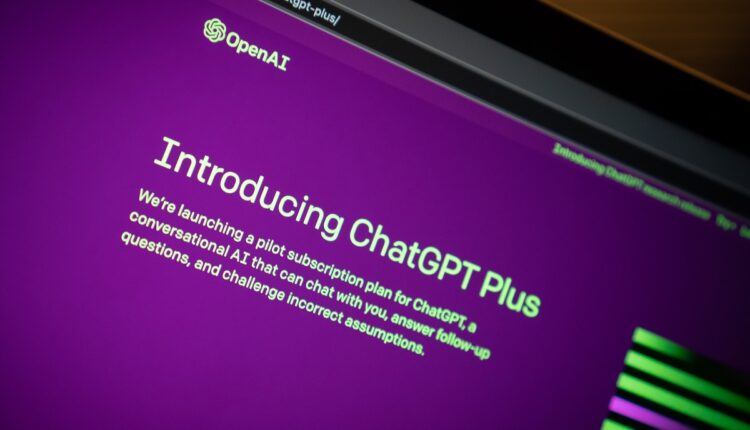The United Kingdom authorized the use of ChatGPT for sentences by European judges
Legal proceedings in the United Kingdom are now assisted by ChatGPT, thanks to approval by the country's Supreme Court. European judges will now issue sentences with the help of AI
European judges can now issue sentences with the help of artificial intelligence, through ChatGPT, after the Supreme Court gave its approval on December 12.
Despite the controversies that the use of ChatGPT has generated, particularly in judicial processes, the United Kingdom is committed to its good use by the judges of the region, since it is an assistance and not a decision to apply blindly.
In this sense, the Supreme Court, which approved its use at the beginning of this month in the drafting of judicial rulings and other legal rulings, must adhere to the rules included in an official use guide.
A statement from the organization indicates that the use of AI “throughout society is increasing, just as it is happening in the courts.” The procedural guide “details the importance of privacy in judicial processes and, therefore, places special emphasis on the possible problems in this regard that are associated with AI platforms such as ChatGPT.”
Emphasis is placed on the use of chatbots by unscrupulous companies dedicated to collecting information from user interactions. Hence, the need to take care of the privacy of judicial cases. Judges must avoid entering “information into a public AI chatbot that is not in the public domain”; That is, they should not add private or confidential data.
Taking into account that in the case of ChatGPT, any term or search typed will be available later, and could be used as a response to third-party queries, it is essential not to place private case topics in the search bar.
The Supreme Court of the United Kingdom highlights that “some AI platforms, especially those used as an app on a smartphone, tend to request permissions that give access to information within the device. For use in court cases, authorities require that experts refuse permissions and that, in the event of inadvertent disclosure of confidential or private information, they must immediately contact their leading judge and the Judicial Office.”
M.Pino
Source: 20minutos
(Reference image source: Jonathan Kemper, Unsplash)
Visit our news channel on Google News and follow us to get accurate, interesting information and stay up to date with everything. You can also see our daily content on Twitter and Instagram


